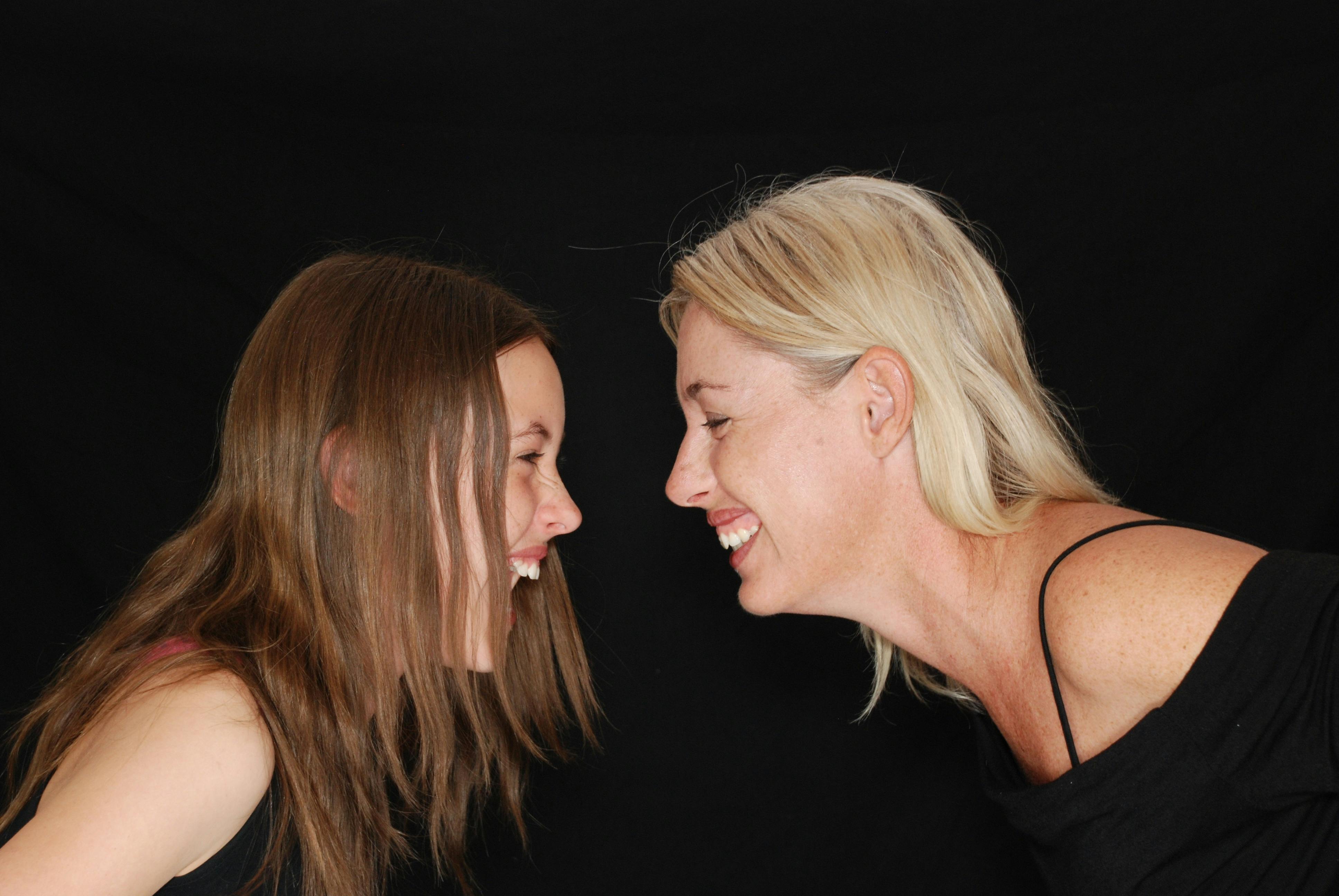Muslim Dating: how to meet compatible partners with clear intentions
Finding a compatible partner as a Muslim in Canada can feel complicated when you want to balance sincere intentions with faith, family expectations, and modern ways of meeting people. With clear values, respectful communication, and practical safety habits, it is possible to build connections that honour both your beliefs and your personal boundaries.

Building a sincere relationship that honours Islamic principles while navigating modern dating culture can be challenging, especially in a diverse society like Canada. Many Muslims want commitment, emotional connection, and faith alignment, but also need practical tools for using apps, attending events, and speaking openly about expectations.
Muslim dating explained: values and halal courtship
Muslim dating explained: values, modesty, halal courtship, and setting boundaries starts with intention. In Islam, the goal is not casual encounters but moving, at a respectful pace, toward the possibility of marriage. This means being honest from the start that you are seeking a serious, halal connection, not secret relationships or situations that compromise your beliefs.
Core values such as modesty, honesty, and mutual respect shape how two people interact. Modesty can look different from one person to another: some may avoid physical contact before marriage, others may prefer group settings or chaperoned meetings. Setting boundaries early—about topics, physical contact, private spaces, and online behaviour—helps both people feel safe and respected.
Halal courtship is also about transparency with trusted people in your life. For some, this means involving family early; for others, it means first checking compatibility and then introducing the relationship to parents or guardians once it becomes serious. There is no single formula, but the shared thread is that both partners aim to protect each other’s dignity, reputation, and emotional well‑being.
How to meet compatible partners with shared priorities
How to meet compatible partners—through profiles, interests, family expectations, and faith alignment—often starts with being clear about who you are. On apps or websites that cater to Muslims, focus your profile on values and lifestyle rather than just photos. Mention how you practise your faith, what role religion plays in your daily life, and your general expectations around marriage and family.
Shared interests help build a natural connection. You might meet someone at community events, university groups, professional networks, or volunteering activities. These settings not only provide common ground but also allow you to observe how someone behaves with others, which can say more than messages or pictures.
Family expectations are especially important in Muslim communities. Some families are very involved in introductions and decisions, while others give their children more independence. Early conversations about how much family involvement each person expects can prevent misunderstandings later. It is helpful to ask open questions: How do you see your family’s role in your future marriage? How do you imagine living arrangements, cultural traditions, or plans for children?
Faith alignment does not mean both people practise in identical ways, but it does mean agreeing on what is non‑negotiable. This might include daily prayers, fasting in Ramadan, diet, celebrating Islamic holidays, or attitudes toward Islamic learning. Being honest about where you are in your faith—and where you hope to grow—helps both sides understand long‑term compatibility.
Safety and privacy online and in person
Safety and privacy online—through respectful messaging, first-meeting etiquette, and attention to red flags—are essential, especially when using digital platforms in your area. Start by sharing limited personal information: avoid sending home addresses, workplace details, or financial information early on. Use the platform’s messaging system until you feel more comfortable, and trust your instincts if someone pushes for more access too quickly.
Respectful messaging means keeping communication polite, modest, and purposeful. If someone makes you uncomfortable with overly personal questions, pressure to send photos, or comments about your appearance that feel excessive, you are allowed to slow things down or stop responding. Red flags include inconsistency in their stories, refusal to share any verifiable details about their life, aggressive behaviour when you set boundaries, or pressure to keep the relationship secret.
For first-meeting etiquette, choose a public place such as a café, park, or community centre. Let a trusted friend or family member know where you are going and when you expect to be back. If it aligns with your values, you can bring a sibling, friend, or chaperone to the first meeting. Agree ahead of time on the length of the meeting, and consider arranging your own transportation so you can leave independently if you feel uneasy.
In Canada’s multicultural context, you may also face cultural misunderstandings or assumptions about Muslim relationships. Being clear, calm, and confident about your boundaries—whether about physical contact, conversation topics, or timelines—helps others understand your perspective. If someone mocks or dismisses your faith‑based limits, that is a clear sign they may not be a suitable partner.
Balancing clarity, kindness, and inner peace
Dating as a Muslim in Canada involves continuous balancing: between tradition and modern tools, between personal preferences and family input, and between openness and caution. Clear intentions guide this process. When you know you are seeking a relationship grounded in faith, respect, and potential marriage, it becomes easier to walk away from situations that feel confusing, rushed, or secretive.
Kindness is also essential, both to yourself and to others. Not every conversation will lead to a relationship, and not every promising connection will result in marriage. Treating each person with fairness—being honest, not wasting time, and ending interactions respectfully—helps maintain integrity. At the same time, giving yourself room to learn from each experience supports emotional resilience.
Ultimately, meeting compatible partners with clear intentions is less about perfection and more about alignment. When values, boundaries, and expectations are openly discussed, two people can decide together whether to move forward or part ways. This clarity, supported by safe practices and sincere faith, allows Muslims to seek companionship while preserving their principles and inner peace.



